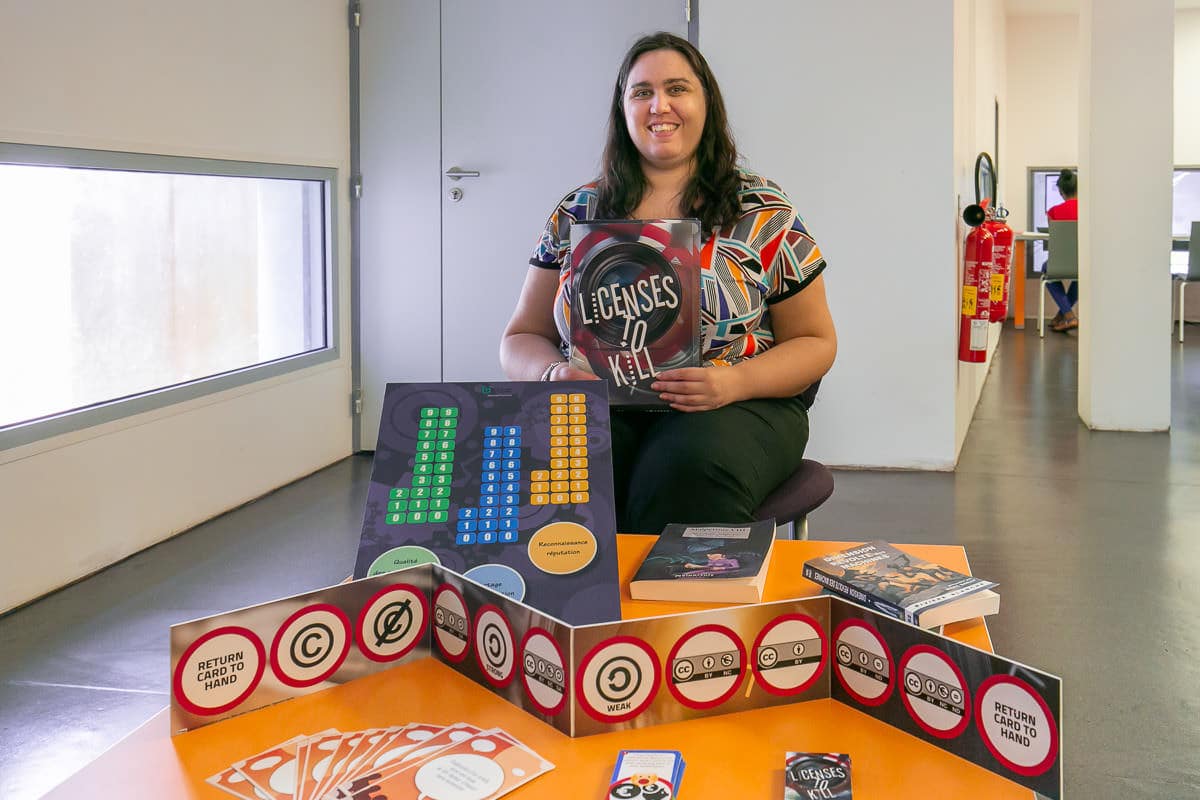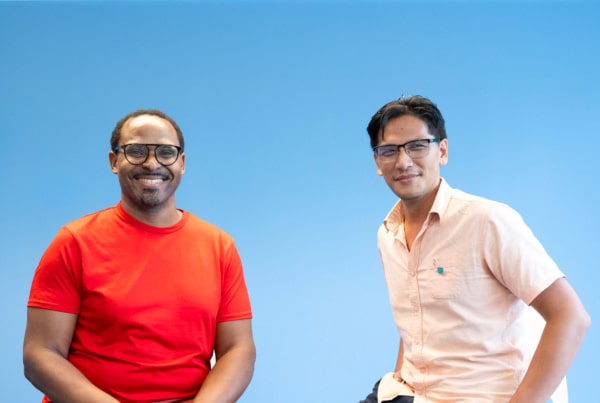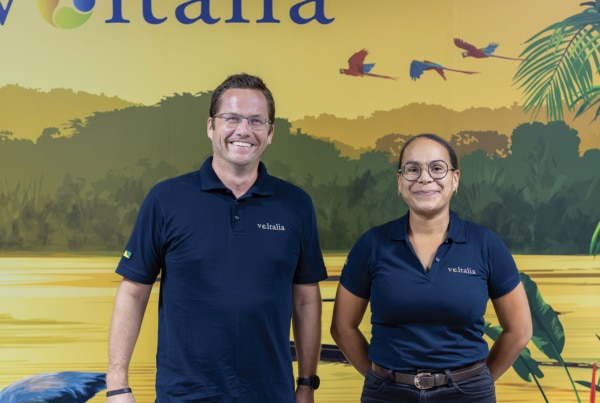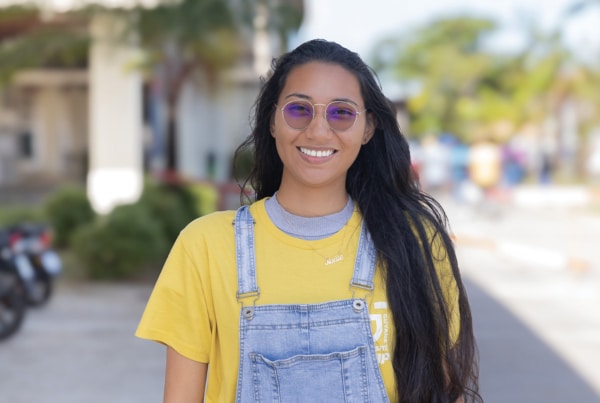
Meet Marie, Deputy Director of the SCD at the University of Guyana. She tells us all about her two passions: writing and games. Let your imagination run wild! Join us in a world where creativity and imagination are the key words.
Tell us about yourself. What is your job at the University?
My name is Marie Latour and I'm deputy director of the SCD at the University of Guyana. In addition to my management duties, I'm in charge of the research service, where I provide training for Masters and PhD students and personalised workshops for researchers on finding information and promoting and disseminating their academic work. I am also responsible for acquiring and managing electronic resources and administering our new shared library management system (SGBm) in cooperation with my colleague Camel Boumedjmadjen. I also manage the legal deposit of theses for the university, and I am the library's communications officer.
Tell us about your passions
I have two great passions: writing and board games. As far as writing is concerned, I often write short stories, some of which have been published in anthologies by Rivière Blanche, Malpertuis and Les Ombres d'Elyranthe, or in literary magazines such as Géante rouge. As far as board games are concerned, I often go to a games bar in Cayenne to test new products, and I use these experiences to create my own educational games that I use in training.
Can you tell us about your passion for games?
When we think of games, we often think of childhood. But nowadays, another flourishing offer has developed for adults, with board games based on reflection, strategy or narrative immersion. It's an activity I really enjoy, and one where the theme is often paramount: for example, in a heroic fantasy game, you'll really feel like you're living an epic; in a science fiction game where you travel back in time, you'll relive an era through an intrigue. For me, it's another way of telling a story, of conveying knowledge, and that's why I had the idea of creating my own games on learning themes, so that my students could experience and understand them from the inside.
How and when did your passions come about?
My passion for writing came to me very early on: I remember in first grade telling my teacher that when I grew up I wanted to be a writer. My passion for games took longer to develop. There was a big period in my teenage years when I didn't play, precisely because I found the offer a bit 'babyish'. But then a friend who was doing a Master's degree showed me all these alternative games for older people: I was overwhelmed by their inventiveness, and I fell for the magic potion!
Can you tell us about your first creation - your first game?
I created my first educational game when I was a student trainee at theÉcole nationale supérieure des sciences de l'information and bLibraries (ENSSIB). I wanted to take part in a conference of student librarians (BOBCATSSS) in Brno, Czech Republic. With the help of my teachers and a friend who drew, I created this first game on the subject of improving library services. My aim was to get future librarians talking about how we could improve our services for typical audiences that are usually overlooked, such as disabled people or the unemployed. It worked quite well, and that encouraged me to continue...
What are your favourite games?
I really like so-called 'cooperative' games, where all the players are united to win against the game. I think it creates a really nice sense of cohesion. You win together, or you lose together. What's more, these are often very immersive games, where the plot is predominant. In this category of games, I'm particularly fond of Times Stories, which flirts with role-playing: you have to go back in time to correct time paradoxes. I also really like a Andorconstructed like a novel, or Robinson Crusoewhere you have to survive on a desert island.
Do you take part in any competitions? If so, have you won any?
I've never taken part in any games competitions. But I have won a few writing competitions. When I was a child, I came first in the competitions organised by the Fête du Livre in Saint-Etienne, then in the one organised annually by PEPS, and finally in the one organised by the Académie de Lyon. As a student, I came third in two competitions organised by town halls. More recently, I was twice a finalist in the Prix Alain Le Bussy, a science fiction competition.
What qualities do you think you need to enjoy these leisure activities?
As far as writing is concerned, I'd say that first you have to have something to say, a story or an emotion to share. And secondly, you have to have a good enough command of the French language to put it across in a way that appeals to the audience.
When it comes to games, you need a good dose of creativity and imagination to start with, as well as a good knowledge of the world of games to know what mechanics to use to convey a particular knowledge or skill.
What are your next challenges? How do you want to develop these passions?
As far as games are concerned, the BU has received grants from the Groupement dInterest Scientifique des Unities Rs regional Formation inInformation Scientifique et Technique, and the University of Guyana, to create two new products for my training courses: one on document monitoring and the other on the intellectual property of images. We will also be creating a game of 7 literary families for the DFR LSH, and a Time Line for a History course. Finally, in collaboration with Sorbonne University, we should be releasing the digital version of the 'Licences To Kill' game on intellectual property at the end of the academic year.
As for my writing, I'm due to publish my first collection of short stories in 2020, Child abusepublished by Malpertuis...




